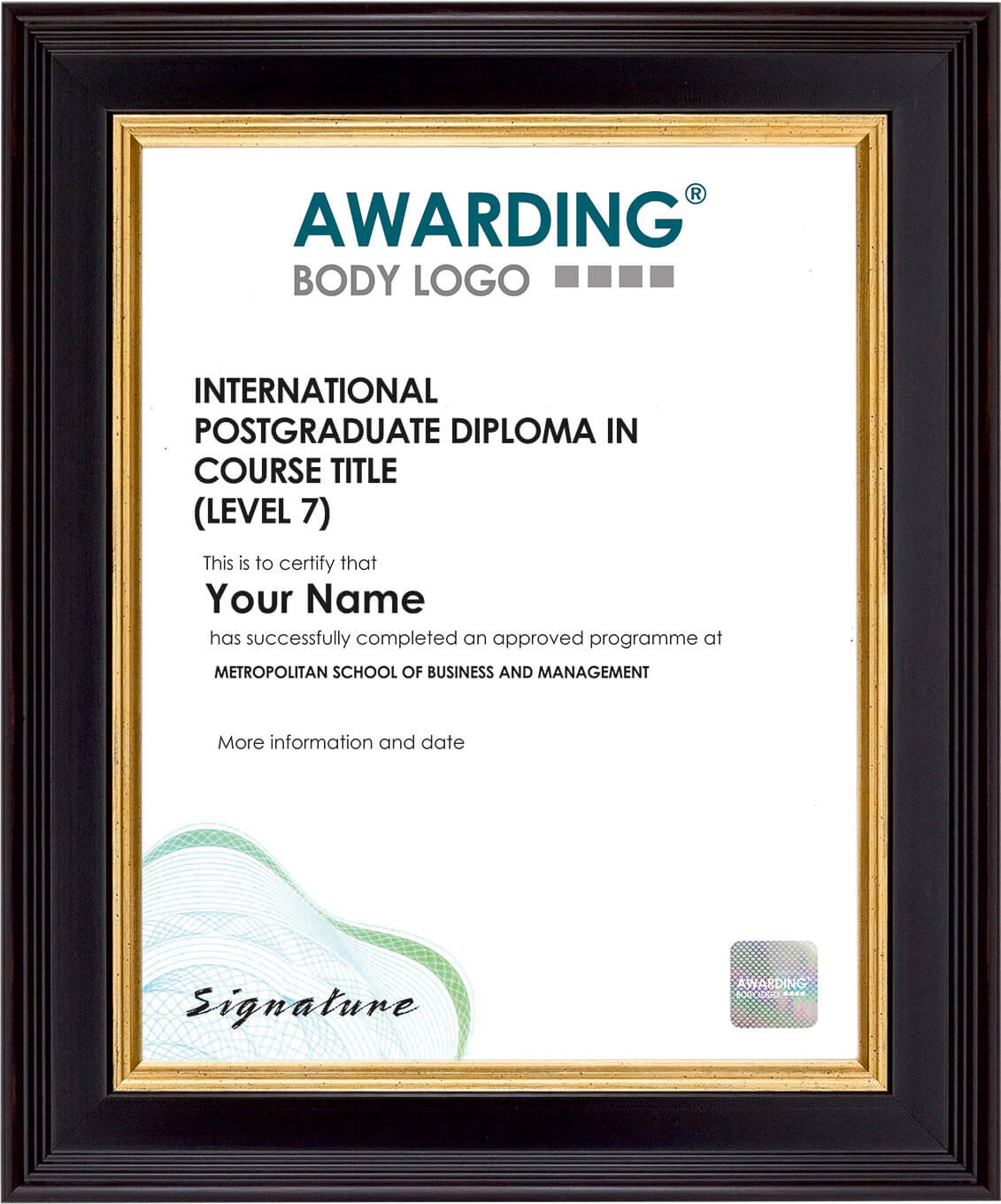International Postgraduate Diploma in Operations Management
The International Postgraduate Diploma in Operations Management is designed to provide in-depth knowledge and understanding of the various aspects of Operations Management within the organisational context. It provides a rich collaborative learning experience where learners exchange views with other participants, interact with research-active tutors, and are challenged to become reflective managers.
Focusing on practical experience, the course goes beyond traditional lectures, incorporating real-world scenarios, business simulations, and 100% project-based learning. This hands-on approach enables participants to apply new skills in a safe setting before transitioning to real-world situations.
The IPGD in Operations Management can be completed in 9 months, offering a quick pathway to career advancement and new opportunities.
The diploma combines theoretical concepts with practical experience, equipping learners to address complex operational issues confidently and effectively.
Accreditation
All MSBM courses are accredited by the relevant partners and awarding bodies. Please refer to
MSBM accreditation in about us for more details.
University Progression
University Top-upOn completion of this course, students have the opportunity to complete a Master degree programme from Partner University. The top-up programme can be studied online or on campus. The top-up comprises the final 60 credits which consist of either a dissertation or a dissertation and one module.
(The course tuition fee listed above does NOT include the top-up fee)
University Progression
Click here to see University routes and fee information for progression.
Entry Requirements
For entry onto the International Postgraduate Diploma (IPGD) in Operations Management qualification, learners must possess:
- An honours degree in a related subject or the UK level 6 diploma or equivalent overseas qualification, i.e. Bachelors Degree or Higher National Diploma.
OR
- Mature learners (over 25) with at least five years of management experience if they do not possess the above qualification (this is reviewed on a case-by-case basis).
Course Modules
This module provides the most critical information about the study course and assignment submission.
Module Aim
This course is an introduction to the concepts, principles, problems, and practices of operations management. Emphasis is on managerial processes for effective operations in both goods-producing and service-rendering organization. Topics include operations strategy, process design, capacity planning, facilities location and design, forecasting, production scheduling, inventory control, quality assurance, and project management. The topics are integrated using a systems model of the operations of an organization.
Module Aim
The aim of the programme is to provide postgraduate-level education in operations and supply chain management principles, theories and practice. This unit introduces the concepts of logistics and supply chain management. In the modern global marketplace, companies need to be efficient in relation to the movement of supplies and delivery of the final products. The unit explores issues in relation to logistics including value, managing lead time and techniques including just-in-time, and incorporating the role of technology in this process.
Module Aim
The module of Planning, Controlling, and Leading Projects aims to provide individuals with the skills and knowledge necessary to successfully manage projects from start to finish. This includes:
-
Planning: The module teaches individuals how to create a comprehensive project plan that outlines the project scope, timelines, milestones, resources, and risks. It also covers techniques for stakeholder analysis, team formation, and communication planning.
-
Controlling: The module teaches individuals how to monitor and control project progress, identify and manage risks, and adjust plans as needed to keep the project on track. It covers project monitoring tools, performance metrics, and change management techniques.
-
Leading: The module teaches individuals how to effectively lead project teams, motivate team members, and communicate with stakeholders. It covers leadership styles, team dynamics, conflict resolution, and communication strategies.
Module Aim
The Operations and Information Management for Project Managers module aims to equip individuals with the skills and knowledge necessary to manage project operations and information effectively.
Module aim The course aims to teach learners how to effectively design, implement, and manage information systems to support organizational goals and decision-making.
Module Aim
The course is designed to help students become good researchers, to become familiar with the steps in proposing research topics, and clearly apply research knowledge in education. After completing the course, students will be able to prepare a research plan, collect data, address research questions and hypotheses, and organize a project report.
Workshops
This is a self-study programme with unlimited tutor support. You will never be more than a message or phone call away from our tutors.
Workshops are conducted by live webinars for online students.
Classroom workshops are available if there is a local branch in your country. Speak to our course advisors on this subject.
Visa Requirements
There is no Visa requirement for this programme.






































